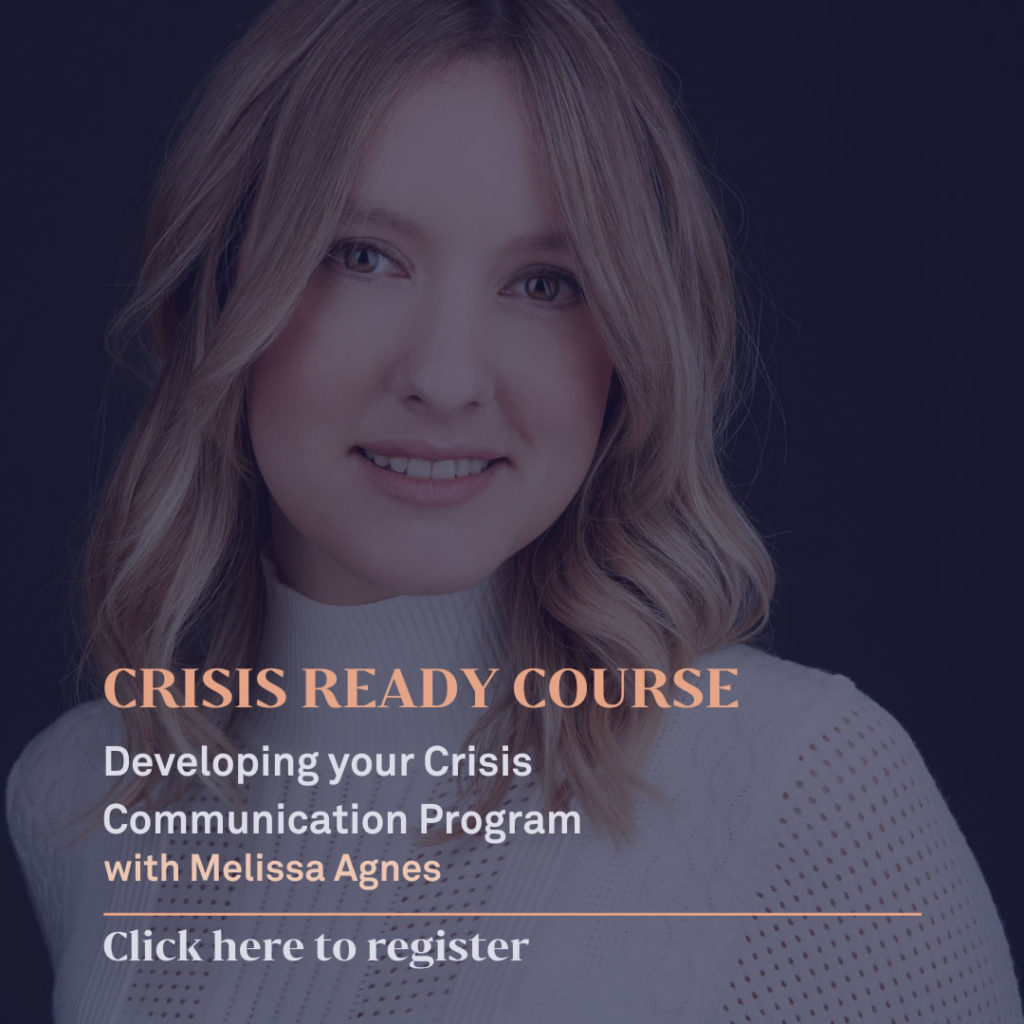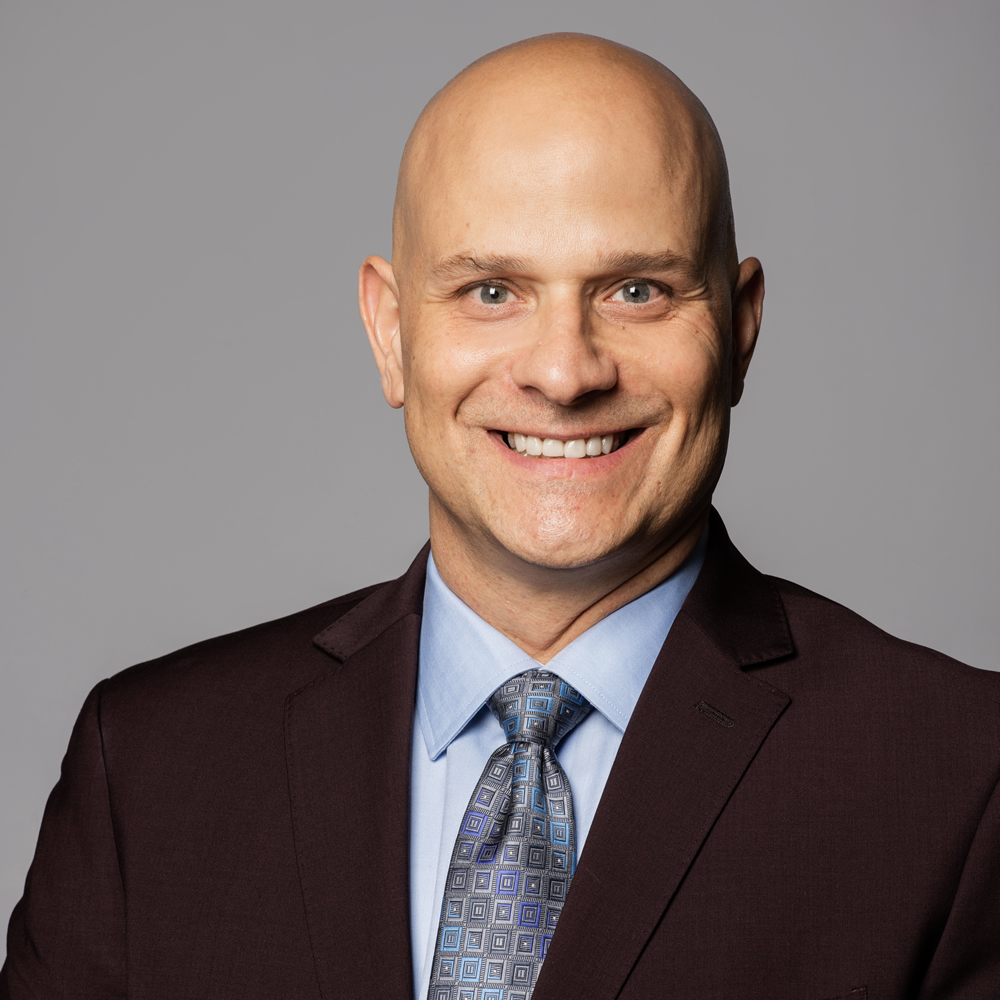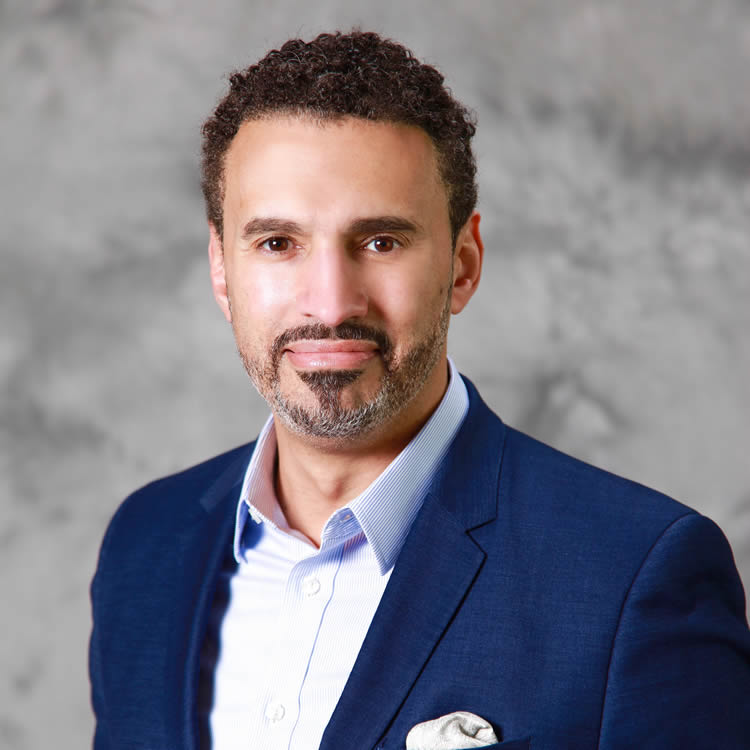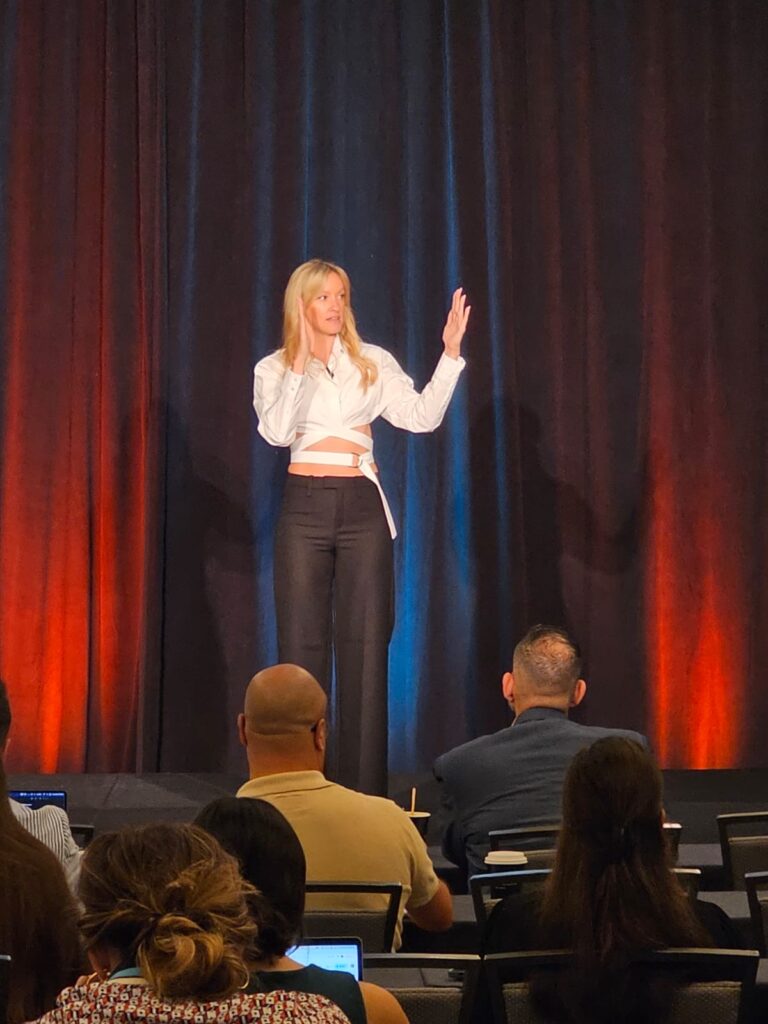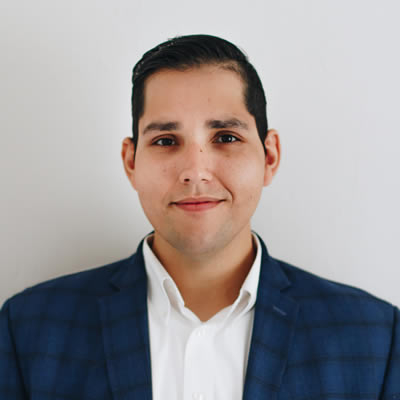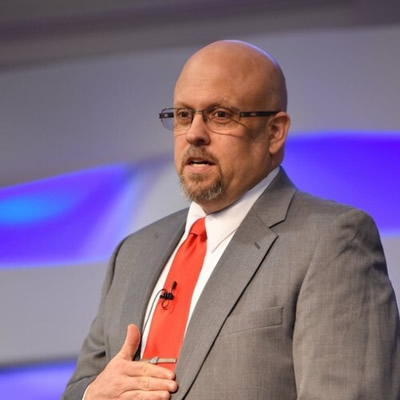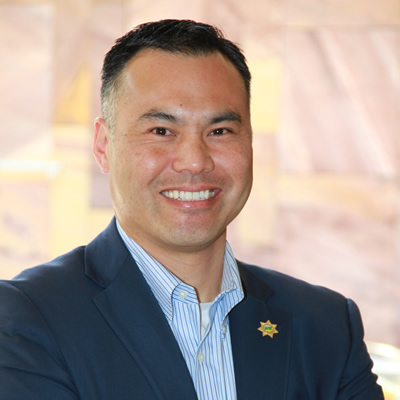If you don’t KNOW what happens when you walk into a room, then find out. If you don’t LIKE what happens when you walk into a room, then change something…even if it’s the room you choose.
S.B. stilled the conference room before he entered. As soon as his staff heard his footsteps in the hallway, they moved to their seats and readied themselves for his message. When he reached the podium, he didn’t tap the microphone for attention. He didn’t ask for quiet. He drew in focus without fanfare. And when he finally spoke, his staff hung on every word. When they departed, they followed his directives with trust in his vision.
When S.B. retired, he was replaced by a colleague whose credentials and industry experience matched his. She wore spectacular clothes, and her shoes always matched her purse. But when she stepped into the conference room, noisy conversations among the attendees continued at fever pitch. When this new “leader” reached the podium, she was—by all indications—invisible. Despite her efforts to silence the room with microphone taps, pleas and eventually frustrated commands, chaos persisted. Whatever she wanted the staff to accomplish was impossible to discern. At the close of the meeting, the confusion left with them, along with eye rolls and a spirit of dismissiveness.
The magic, the power, of one’s presence
Certainly, S.B. had “presence”—a quality that is akin to charisma, confidence, poise or grace under fire. Those with presence get noticed or revered, even if they don’t say a word. They have great power and can affect huge change.
Most people regard presence as an essential business skill for professionals who want to own the room when they pitch a sale or capture attention when they address a crowd. And it is. But in reality, presence is important for EVERYONE to master.
Why?
Because everyone has “A” presence. In other words, everyone communicates to the world by way of visibles, such as looks and actions, and invisibles, such as vibe and energy. And by “everyone” I mean everyone, including you. The more aware and respectful you are of how you “relate to, affect, and influence others” by way of this form of communication, the better your chances of identifying opportunities that breed a sense of belonging, appreciation, and feelings of worth.
The question then becomes: how to acquire and leverage such a presence?
It’s about gaining the clarity to become better equipped at aligning the best parts of who you are on the inside with what you project on the outside. When there is alignment in a positive way, you tend to exude comfort in your own skin, confidence in who you are, and willingness to share your skills in ways that suit you and with people who recognize your value.
This provides massive leadership advantages amidst challenge, adversity and crisis management.
In any circumstance, this self-awareness and clarity are essential to finding your ideal place in personal and professional circles. If you’re amidst a crisis, however, then they are critical to your ability to guide, lead through and de-escalate a situation. And, let’s be clear here: you don’t need to be a CEO or senior executive to contribute in a meaningful way toward this important resolution.
Everyone has a role when it comes to crisis management and, no matter what that role may be, you—even as a body of one—can help others around you remain calm and more optimistic. A University of Leeds study* suggests that only 5% of a crowd of 200 or more people can influence its direction and that the other 95% will follow without thinking.
Professor Jens Krause and student John Dyer conducted a series of experiments in which they instructed a group of people to walk randomly around a large hall. They asked participants to stay within arm’s length of each other and not to communicate in any way. However, they also planted a few individuals in the group who had been given directions where to walk. Every time, participants blindly followed these “informed individuals.” Without consulting one another, the group organized itself into a winding, snake-like structure.
What does this mean for your crisis leadership style?
It means to consciously know, leverage and utilize your natural strengths and character. For example, if you are innately a comforter, then comfort. If you are an information gatherer, then gather information. If you are a jokester, then lighten the mood with strategically and appropriately inserted humor.
No matter your position, you are vital to your organization’s Crisis Ready® initiatives. When you know what you do naturally and best, and when you share your gifts confidently in productive ways, you make it easier for designated decision-makers to move swiftly, transparently and credibly in the face of challenge.
This is what it means to embody Presence Intelligence®
Presence Intelligence® is a new “intelligence” that speaks to the ability to know the best parts of who you are on the inside so that you can align them in a positive way with what you project on the outside. It elevates awareness, understanding, and command of visible and invisible communication before they happen, while they happening, and after they happen so that you can regulate what you project into the world. It also helps you figure out where you fit and where you can contribute, which both feels good and does you good, and in turn, feels good and does good for others.
Presence Intelligence® honors individuality, promotes courage, champions authenticity, and hopefully, brings people who need each other closer together so that their world, and the world at-large, is a happier, kinder, more unified place. It is an excellent and much needed companion to your Crisis Ready® strategies.
Interested in learning more about Presence Intelligence® and how to use it to strengthen and hone your crisis leadership skills?
Lisa is a Crisis Ready® Community member and she hosted a Mastermind Session on Presence Intelligence® and how to leverage it to hone and strengthen one’s leadership skills. The recording of this session is available to all Crisis Ready® Community members.
The Crisis Ready® Community hosts monthly Mastermind Sessions on important and relevant Crisis Ready topics. If you’d like to learn more about the Community and how to get involved, click here.
* University of Leeds. Sheep In Human Clothing: Scientists Reveal Our Flock Mentality. (February 16, 2008). ScienceDaily. Retrieved March 25, 2020 from ScienceDaily.
Lisa Manyoky is the Founder of Presence Intelligence®, which is the ability to recognize and align the best parts of who you are on the inside with what you project on the outside.
Lisa is an energetic personality, known for her intuitive understanding of people, interpersonal dynamics, words and aesthetics. As a career-long specialist in communication—whether spoken, written, visual or behavioral—Lisa helps individuals accelerate the achievement of their personal and career goals by developing, refining or rebuilding their personal presence.
She works routinely with professionals who are preparing for advancement to high-visibility leadership roles; navigating high-stakes dialogues; moving through emotionally charged transitions; or seeking to become more likable, approachable, hirable or promotable.
Lisa is certified in a number of coaching disciplines that include life, executive and neuroscience coaching. She is also a trained DiSC® administrator, a certified Conversational Intelligence® coach and facilitator, and an inspirational speaker.
Personally and professionally, she is a bright spot in the room—a bit of a firecracker who champions self-awareness, integrity, kind communication and nothing short of excellence.

